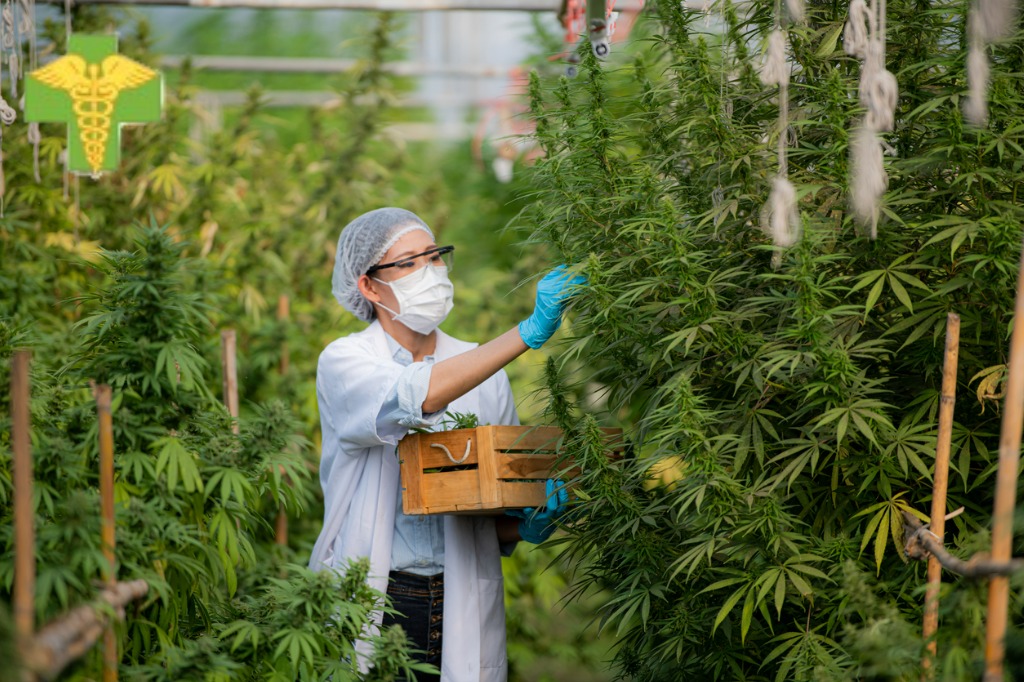Cannabis Waste Management: Ensuring Sustainability in Cannabis Production
Cannabis Waste Management: Ensuring Sustainability in Cannabis Production
At first glance, cannabis farming might not stand out as something that harms the environment. However, the industry’s waste can present environmental challenges if not handled sustainably. Let’s explore the core of the issue and innovative solutions being implemented.
Defining Cannabis Waste: What Is It?
Cannabis waste comes from various sources, including discarded root balls and plant trimmings. Extraction processes also leave behind leftover plant materials. On shelves, packaging materials and expired products can also count as cannabis waste.
Solutions to Sustainably Manage Cannabis Waste
A key waste management approach is to streamline the entire process of cannabis production to reduce or prevent waste at every stage. More efficient farming and extraction practices can contribute to a more sustainable business.
The Value of Composting and Recyclable Materials
Organic waste can be composted to yield nutrient-rich fertilizer that can be reused on the cannabis farm. This keeps plant materials out of landfills and provides them with a better purpose. All packaging materials, such as cardboard, glass, and plastic, should be actively recycled to reduce waste.
But what about materials that cannot be repurposed? Examples include expired products and contaminated materials. In that case, it’s essential to work with licensed disposal companies that are familiar with cannabis disposal and practice responsible disposal methods that do not harm the environment.
Educating Stakeholders About Sustainable Waste Management
Turning the cannabis industry into a low-waste environment is only possible when everyone in the business works toward this desirable future. For this reason, it’s important to educate stakeholders, staff, and consumers about sustainable waste methods that can be used during manufacturing and at home.
At the end of the day, cannabis waste management requires prioritizing waste reduction from farming to product creation, recycling, responsible disposal, and spreading awareness.
Disclaimer
Statements made regarding any products have not been evaluated by the Food and Drug Administration. The efficacy of these products has not been confirmed by FDA-approved research. These products are not intended to diagnose, treat, cure, or prevent any disease.
Information presented here is not meant as a substitute for or an alternative to information from healthcare practitioners. Please consult your healthcare professional about potential interactions or other possible complications before using any product.







